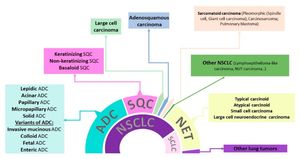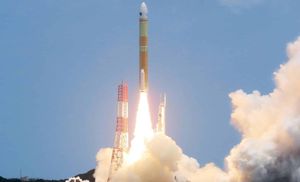The funeral for Hezbollah leader Hassan Nasrallah, who was killed last September in an Israeli strike, is set to take place on February 23, 2024, as confirmed by Naim Qassem, the group's current chief. This marks the first public announcement about the timing of the funeral proceedings following the tumultuous conflicts earlier this year.
Nasrallah's assassination occurred on September 27, 2023, during Israeli airstrikes targeting several buildings within the group's operational territories, particularly one located beneath southern Beirut. At the time of his death, he was reportedly present in Hezbollah's war operations room, underscoring the risk he took as leader during heightened military tensions.
Alongside Nasrallah, the funeral will also serve as tribute to Hashem Safieddine, another prominent figure within Hezbollah, who had been designated as Nasrallah's successor. Unfortunately, Safieddine was also killed shortly after being named leader. Qassem remarked, "We had... elected His Eminence Sayyed Hashem as Secretary-General... but he was martyred on October 3."
The decision to hold the funerals now, after weeks of conflict and uncertainty, follows two months of all-out war between Hezbollah and Israel, which officially ended on November 27, 2023. Addressing the people, Qassem said, "After security conditions prevented holding a funeral during this period... we decided to hold one on February 23, which will be marked by grand public participation."
During the funeral service, Nasrallah will be laid to rest at a cemetery located on the outskirts of Beirut, thoughtfully chosen to represent Hezbollah's enduring presence and influence. Safieddine's remains will be interred in his ancestral home of Deir Qanoun, situated in southern Lebanon. According to Qassem, the group celebrated Safieddine's appointment as Secretary-General, but his untimely death left the community mourning.
The political climate remains tense, especially following the recent Israeli military operations. Israeli troops are still stationed along parts of southern Lebanon, where many residents have been vocal against their presence. Some of these communities, historically associated with Hezbollah, demonstrated their support for the group, waving flags and calling for the end of Israeli occupation. Qassem depicted this resistance vividly, stating, "The South says there is no possibility for Israel to remain... The sacrifices, no matter how great, will lead to liberation."
Israeli forces have recently responded to these protests with force, leading to clashes and significant casualties. Last week, reports indicated 24 protesters were killed as the military opened fire, amplifying the already heightened tensions between the two sides. The Lebanese Health Ministry did not confirm any casualties from the recent updates on protesters dispersed by Israeli troops, yet the threat of violence remains palpable.
While many observers note Hezbollah’s military capabilities were heavily impacted during the war, Israeli officials have raised concerns about the need to maintain their presence to dismantle Hezbollah’s military infrastructure, including its extensive tunnel networks.
Hassan Nasrallah's lineage and leadership have transformed Hezbollah from its origins as a regional militant group to its current status as not only a significant military force but also a pivotal player within Lebanon's political sphere. His tenure, beginning back in 1992, saw the organization grow both strategically and politically, as it engaged fiercely against perceived threats and challenges, primarily from Israel.
His successor, Hashem Safieddine, was anticipated to lead Hezbollah through post-Nasrallah dynamics with similar vigor. His funeral will symbolize the passing of not just leadership but also the legacy of resistance deeply embedded within the ethos of the group.
The announcement of both funerals—one postponed by the calamities of war and the other preceding the anticipated power transition—illustrates the intertwined fates of these leaders with the broader conflict enveloping Lebanon and Israel. With protests continuing and tensions high, the upcoming commemorations will likely serve as focal points for both remembrance and resistance, reminding both supporters and adversaries of Hezbollah's formidable presence.
The funerals of Hassan Nasrallah and Hashem Safieddine on February 23 will not only mark the ends of their respective journeys but also provoke reflections on the future of Hezbollah, the shifting landscapes of Lebanese politics, and the enduring strife with Israel.



